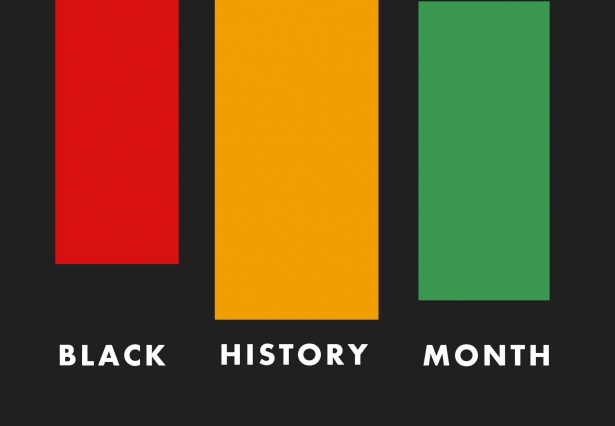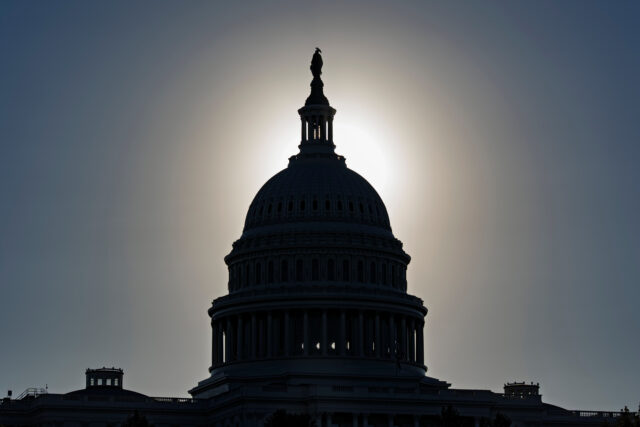Black History Month
March 2, 2023
In 1915 in response to the lack of information on the accomplishments of Black people available to the public. Historian Carter G. Woodson co-founded the association for the study of Black life and history. In 1926 the group declared the second week of February as “Negro history week” to recognize the contributions of African American to U.S history.
The week was chosen because it includes the birthdays of abolitionist Fedrick Douglass and former U.S. president Abraham Lincoln. The week-long event officially became Black History month in 1976 when U.S. President Gerald Ford extended the recognition to “Honor the too often neglected accomplishments of black Americans in every area of endeavor throughout our history.” Black History Month has been celebrated ever since.
“Black History Month impacts my life heavily as a black woman because black women are demonized and heavily stereotyped although these instances still occur during black history month personally I feel more seen, validated and celebrated for my strength to overcome these hardships.” junior Selena Minieri said.
Black women have always served on the front line in the fight for equality. they have a distinctive standpoint from which to understand the intersection of race and gender and their experiences of oppression. The month of celebration for Black men and women gives them more validation and an opportunity to be seen or heard.
“If you look past the jokes and the memes, you can pick out some genuine love and appreciation for a community that’s been through a lot,” senior Janelia Agbor Agbor said.
This celebration of African Americans would always have such a distinctive impact on them. The celebration is so genuine.
“Black History Month means learning all the accomplishments we as people have made despite tribulations and strife,” junior Giovanni Malone said. “It’s an opportunity to learn the true history of how our people were treated throughout history.”








